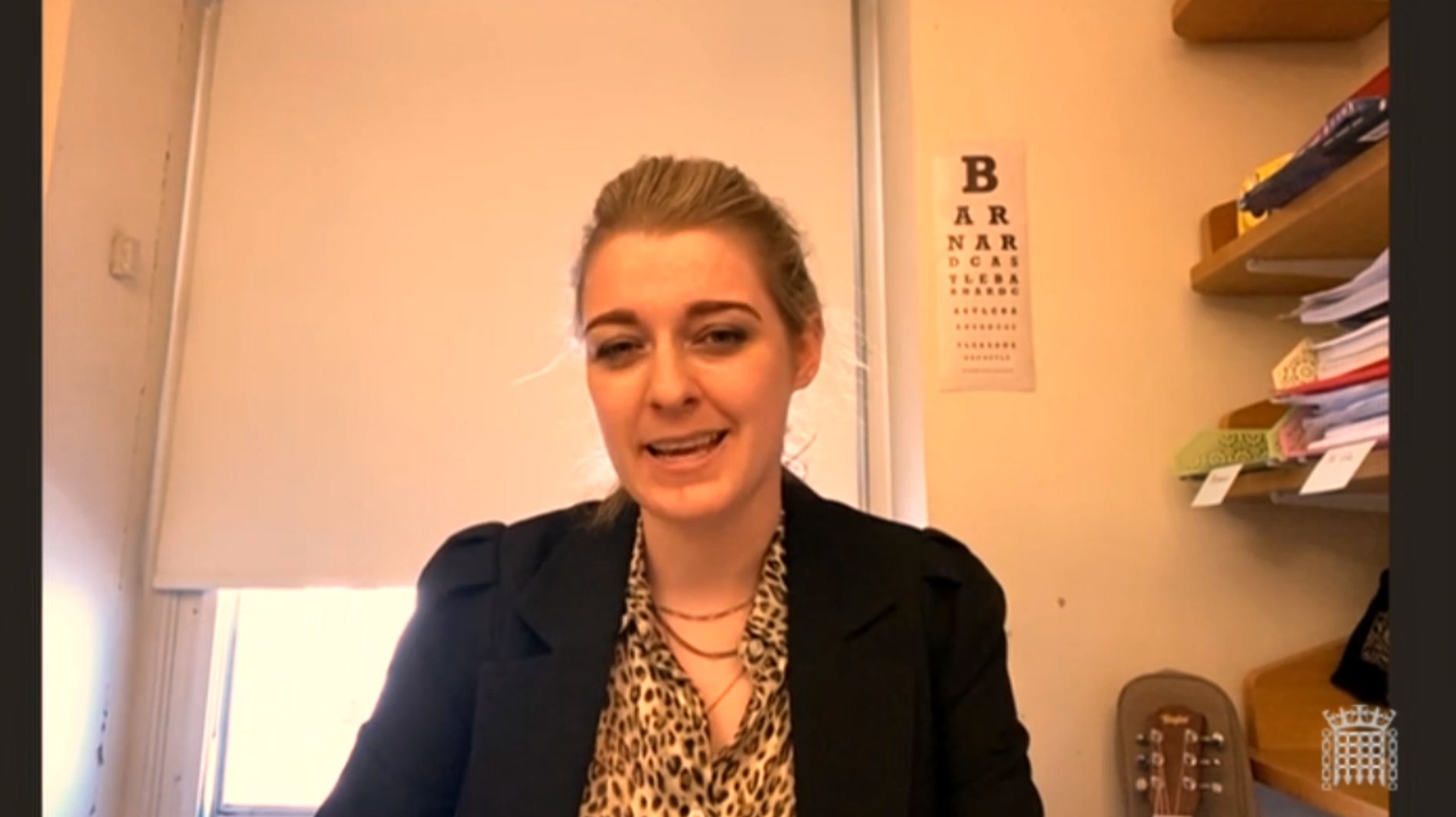MPs don’t seem to know how to talk to journalists anymore
Just as celebrities started ‘clapping back’ on social media a few years ago, politicians can now reach out to the public without having to go through the press first, writes Marie Le Conte


Imagine, for a moment, that you awoke one morning from uneasy dreams and found yourself transformed in your bed into a Conservative member of parliament. Unfazed, you decided to go about your day; go to your office, start replying to emails from constituents, and so on.
Say that, at some point, you received a message from a political journalist considering writing a story about something related to you. Would you:
- Politely reply to that journalist privately?
- Ignore them and hope for the best?
- Decide to publicly tweet about the exchange, apoplectic that a reporter had dared to do their job by attempting to hold you, a public servant, accountable?
Had this metamorphosis happened a few years ago, chances are that you would have gone for 1) or, at a stretch, 2). Nowadays, however, 3) seems to be the increasingly likely answer.
It all began a year ago, when government minister Kemi Badenoch took to Twitter to call out The Independent’s race correspondent Nadine White, who was then at HuffPost UK. “A sad insight into how some journalists operate…” the furious thread started.
White’s “crime”, it turned out, had been to send a request for comment to Badenoch’s office about the fact that she hadn’t appeared in a video promoting the vaccine to black communities. The query wasn’t unreasonable, as Badenoch was equalities minister at the time, and is a black woman herself.
The reason why she did not appear in the video was reasonable as well; she had been taking part in one of the early vaccine trials and, given “the worst disinformation is that the virus is being ‘tested first’ on black people”, she thought it best to pass. All in all, the exchange could have ended there; instead, it turned into a days-long war between Conservative MPs and journalists, over nothing at all.
A similar thing happened earlier this month, when Dehenna Davison posted a video on Twitter, captioned: “If you’ve ever wondered what life as an MP is like, I give you this👇🏻”. This time, the evil wrongdoers belonged to the Daily Mirror. The MP had posted a picture of herself in her constituency office online, and eagle-eyed followers had spotted an anti-abortion, anti-vaxx, homophobic newspaper on her desk.
It had, it turned out, been sent unsolicited and was sitting on a pile of papers yet to be sorted; Davison is, after all, both vaccinated and bisexual and it would be absurd for her to support such a publication. Again, the explanation made sense; what felt incongruous was her need to inform her 50,000 Twitter followers of this instead of replying to the journalist directly.
Finally, Craig Mackinlay tweeted over the weekend about Caroline Wheeler getting in touch with him over WhatsApp. The Sunday Times political editor had heard a rumour that he had been offered “levelling up money” in exchange for party loyalty by Tory whips, and wanted to know if it was true. It was not. Again, there was a simple question and a simple answer; it was not clear that it needed to be broadcast to the world – yet it was.
Why are MPs doing this? One obvious answer is that, well, they can: just as celebrities started “clapping back” on social media a few years ago, politicians can now reach out to the public without having to go through the press first. A better question, then, is probably: should MPs be doing this?
The relationship between politicians and political journalists is often criticised for being uncomfortably close, but there are reasons why the two groups aren’t in constant confrontation with each another.
After all, both parties are simply doing what they are paid to do; represent the public and make laws on one side, and scrutinise those who represent the public and make laws on the other. There will always be a degree of friction but that is part of the game; being offended by every press query would be a waste of time for all involved.
To keep up to speed with all the latest opinions and comment sign up to our free weekly Voices Dispatches newsletter by clicking here
The second is that questioning basic reporting in this way means treating swathes of reporting as inherently illegitimate and unacceptable. It may feel like a clever ploy on an individual level, but does the political class as a whole really want to live in a world with no robust, independent press?
If these MPs found themselves in opposition tomorrow, would they welcome a Labour government refusing to engage with journalists over matters which are in the public interest?
As MPs who have only ever been in a governing party, Badenoch, Davison and Mackinlay do appear to have grown allergic to any form of scrutiny. It may galvanise their supporters for now, but they should be careful what they wish for. Oh, and good luck to them next time they want to bend the ear of a friendly hack about a story they actually would like to see published.
Join our commenting forum
Join thought-provoking conversations, follow other Independent readers and see their replies
Comments
Bookmark popover
Removed from bookmarks